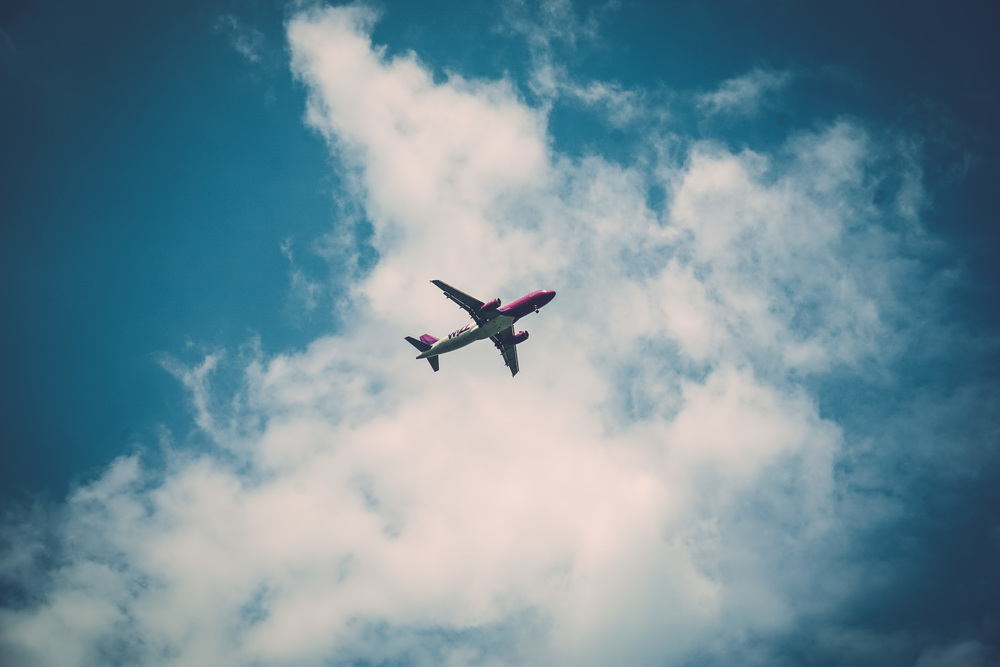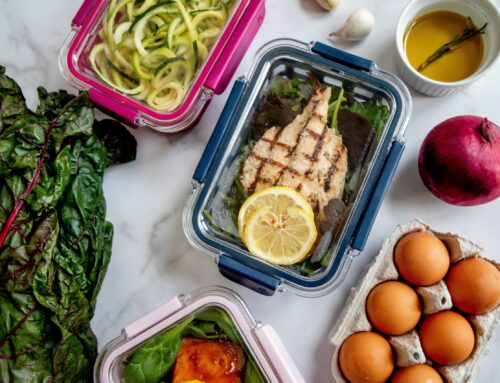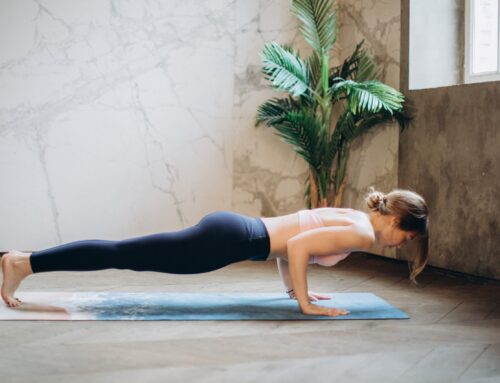The holidays are a busy time for patients and practitioners alike, and many will be flying, driving across borders and travelling abroad. All the while carrying supplements, tinctures and powders with them. If you or your patients have ever been concerned about what is allowable and how to avoid a hassle at the airport or border, here are a few tips that might help.
If you’re travelling to the United States by land, water or air, you are permitted to carry supplements in your luggage or in your possession in amounts that are considered “reasonable for personal use”. So even if you plan to be gone for several months, it is certainly okay to have a few bottles of the same supplement in your checked luggage. You shouldn’t worry about being accused of trying to import supplements illegally. These U.S. rules fall under the Transportation Security Administration or TSA (overseen by the Food and Drug Administration or FDA).
In general, the FDA does not have an issue with people bringing their personal supplements into the country. The TSA allows travellers to carry all forms of medication, including vitamins on board even if they are unmarked, but you should be aware that local laws in the city you’re visiting may differ and you will need to keep labels on all bottles intact. Better to be safe than sorry. For countries with stringent biosecurity laws like New Zealand and Australia, you may bring in plant-based vitamins and supplements as long as they are for your own consumption and you can provide the label, brochure or a letter from your doctor verifying the identity of the supplements. You are, however, limited to a three month supply. An import permit is not required for commercially packaged protein powders in quantities less than 10 kilograms or 10 litres, provided they were manufactured in one of the countries on a Department of Agriculture and Water Resources approved list and the product is being used for human consumption only.
When it comes to carry-on luggage, your bag may be subject to additional screening even if your supplements are permitted. If your bag triggers an alarm during the screening process or your supplements appear to have been tampered with, they may not be allowed through the checkpoint until they’ve been further inspected. The TSA will make the final decision on whether or not your items will be allowed to go through. It helps to be sensible and bring only the supplements you need when travelling so no suspicions are raised and security screening can proceed quickly and smoothly.
It also helps to be organized when travelling.
The general recommendation is to start with a layer of clothes, a layer of shoes and a clear pouch with your supplements on top. Pull this pouch out at the start of the screening process and show it to the security officer. This constitutes an open declaration of what you are carrying but the officer may still insist on putting it through the x-ray or explosives screening process.
Try to keep your supplements in the original packaging
or at least in a bag with the coordinating label. You never know when you might be asked to provide identification of what you’re carrying. Do not empty powdered supplements into unlabeled plastic bags to save room – you definitely run the risk of having them removed by security and tossed away if the officer is unable to quickly identify the product. Protein powders generally come in large plastic tubs and while it may seem reasonable to you to transfer the contents into a resealable plastic bag, the security officer might think otherwise . If you absolutely need to bring your protein powders, then keep them in their original containers. CanPrev’s CORE pouches, for example, are very easy and light to pack and each one is clearly labeled with the contents. Keep all your liquid supplements like homeopathics or tinctures (100 ml or less) in a resealable plastic bag smaller than 1 litre so that you can present it at the security checkpoint. If you’re bringing larger amounts, then pack them in your checked luggage. Some security officers will oblige with a request to pass your homeopathics around the x-ray machine but others will insist on putting them through. If your homeopathics are indeed x-rayed, there’s no reason for concern – generally speaking, homeopathic remedies are robust enough to withstand several passes through an airport screening machine without having their potency affected.
Countries with Biosecurity Laws
Australia and New Zealand have some of the strictest biosecurity laws in the world to prevent inadvertent introduction of foreign pests and diseases into their ecosystems. That means that you may be asked whether or not you are travelling with live animals or plants, plant materials and certain foods when landing in these countries. Australia even has biosecurity guidelines for crossing state borders. If you are travelling to a country with biosecurity laws, always keep your natural health products in their original packaging. We also recommend that you ask beforehand whether your natural health products are safe to bring in, and to always declare those you are travelling with, especially if they are more traditional remedies containing herbs and other unprocessed plant material.







Leave A Comment